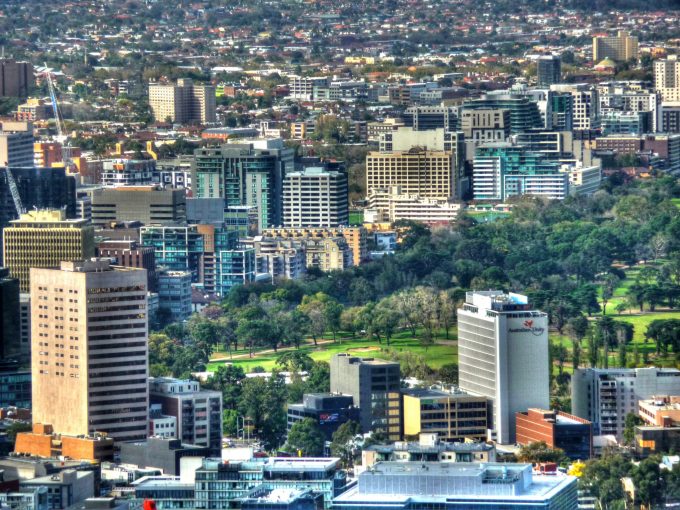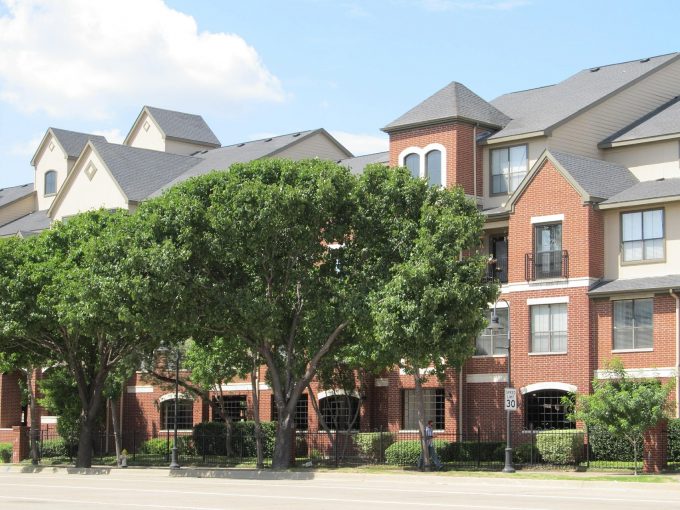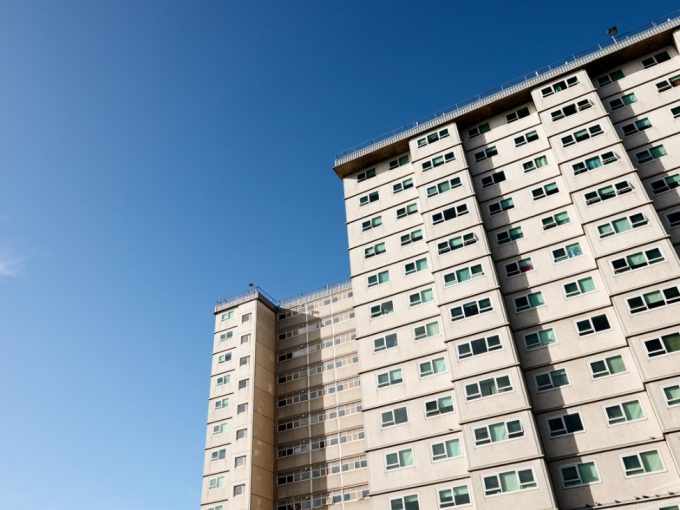The key research areas of this group are housing systems and their implications for urban societies and the built environments we inhabit.
We aim to develop a better understanding of the political economies of housing policy and housing production and their various economic, social and environmental outcomes.
Our researchers have a strong multi-disciplinary interest in exploring how housing systems interact with, and impact upon, a wide range of dynamics, including: urban land and labour markets, housing production and sustainable design, housing policy and institutions, housing affordability, housing-related inequality and polarisation, health and wellbeing, and lived experiences of housing.
Projects
Key People
Lead researcher
Program Researchers
- Professor Ralph Horne
- Emeritus Professor Gavin Wood
- Dr Bhavna Middha
- Dr David Kelly
- Dr Benno Engels
- Associate Professor Wendy Steele
- Dr Louise Dorignon
- Professor Jago Dodson
- Dr Sarah Foster
- Professor Libby Porter
- Dr Sarah Robertson
- Honorary Associate Professor Julie Lawson Professor Tony Dalton Dr Anthony Kent
- Dr Ani Landau-Ward
- Dr Annette Kroen
- Dr Mittul Vahanvati
- Emeritus Professor Mike Berry Dr Iris Levin















